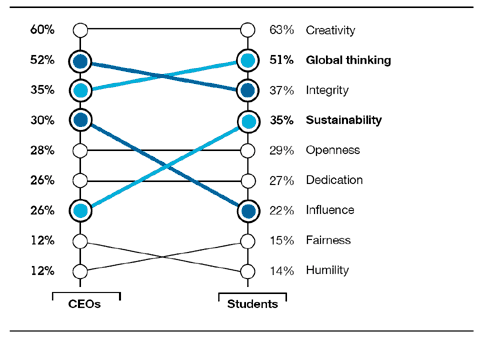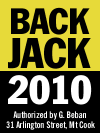 One of the things I hear when campaigning is that one should not focus too much on youth, because young people do not vote as much. I think the first part of that is bollocks.
One of the things I hear when campaigning is that one should not focus too much on youth, because young people do not vote as much. I think the first part of that is bollocks.
While it’s true that the youth vote has never been strong, no one can claim to represent a city without getting a sense of where young people are at. They have the most to lose if political leaders mess things up. And being the youngest candidate (at 40), I have the most to lose among those running—because I’ll want to keep living in Wellington and I want to make sure everything’s right the next generation.
It’s why my manifesto contained policies for younger Wellingtonians as well as other groups. You can’t shun one for another. Published in April, I allowed people to give me feedback on it, to discuss and enhance the policies in there. While I technically authored it, it’s really one that you’ve written—through my interacting with you in person and on the social networks for the past six or more years.
And it’s lucky I did. One of the policies, about providing internship programmes, was one that came out of my own experience with them at my company. Dozens have come through Jack Yan & Associates and Lucire. Many continue to live in Wellington and establish careers here, and become ratepayers or, in some cases, business owners. Some go off on their OEs but come back here. When Mayor Dave Cull of Dunedin told me about the DCC’s one, I thought: it is doable within a city’s budget. It can help with companies’ recruitment, encourage young people to stay in the city, equip them with skills, and show them that the industries they want to work in have a future that includes them. Of course, we would need to look at the ROI more closely, but there are few down sides from helping younger Wellingtonians starting out in their adult lives.
Of course we’ll need to get the other parts of the economy right, too, which my manifesto addresses.
Six weeks after my manifesto was released, this has become vital, with statistics showing that unemployment for 15- to 19-year-olds is 25 per cent. That’s what the aggregate figure of 7·5 per cent across Wellington hides. When you look at pre-loading and the other issues relating to alcohol policy, it’s not impossible to see a connection: there’s a sense of hopelessness for some of our young people, that we have to get right.
As I said time and time again: it cannot be politics as usual.
If the creative sector is one where we can have high-value jobs, then maybe we need to elect someone from that very sector with a history of entrepreneurship.
In April, I noted, under the section on ‘Uniting Wellingtonians’:
There have been relatively few programmes to help younger Wellingtonians. Probably because politicians don’t see them as big voters. It shouldn’t matter: mayoral policies should look to future voters because the brain drain to Auckland, Australia, and the UK is doing us little good.
Not only will I advocate internship and apprenticeship programmes such as Media Lab, which will see young people placed with our tech and creative firms with the city supporting the venture. It will be a priority for the programme to meet a high conversion rate to real jobs—something I have practised in my own firm.
Young people should rightly participate in our city’s decisions, because they have more to lose if we mess things up. That means opening the city up to greater participation online and encouraging input from them in every area, from the arts to commerce, including a city branding campaign where they can have their say over Wellington’s direction.
In 2010, I was the most connected candidate, and I promise to remain accessible through major social networks in this one, and after getting office.
I believe some minor crimes such as tagging stem from a sense of hopelessness, something that should not be happening in a first-world country. By giving youth a say, we can reverse their pessimism and let them know that the system is working for their futures.
I know: of that group, only 40 per cent can vote. But as we are voting for the future of our city, then we need to consider those who are going to be affected for the long term.
As the only Wellington-bred candidate who did all his schooling here, I know that we ignore younger Wellingtonians’ demands and participation in our society at our peril.





